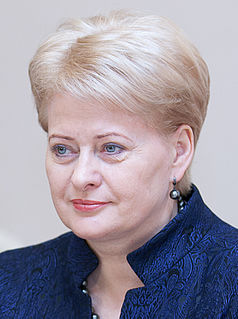A Quote by Joseph Stiglitz
The Clinton years were not an economic Nirvana; as chairman of the president's Council of Economic Advisers during part of this time, I'm all too aware of mistakes and lost opportunities.
Related Quotes
Joseph Stiglitz was the chief economist of the World Bank for three years till January 2000. Before that he was the chairman of President Clinton's Council of Economic Advisers. No one can speak more authoritatively or with greater inside knowledge about the functioning of the Washington consensus institutions.
I think that the only time we will really know what then-President Trump is going to do about the set of challenges that confront him is after he has sat down with his advisers as the commander in chief, when he's looking at the threats and the intelligence from the standpoint of being the number one decider, when he's hearing from his secretary of defense, his chairman, who was the same chairman President Obama had, Chairman Joe Dunford, who is an outstanding public servant, who has led our anti-ISIL effort, on which we're making great progress.
I ran for president because I wanted to help Lithuania and its people during a difficult time. My country was on the very edge of an economic crisis, and people were disappointed by the economic situation and the political elite. We all needed change and motivation to consolidate our efforts in order to overcome the difficulties.




































